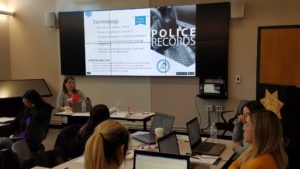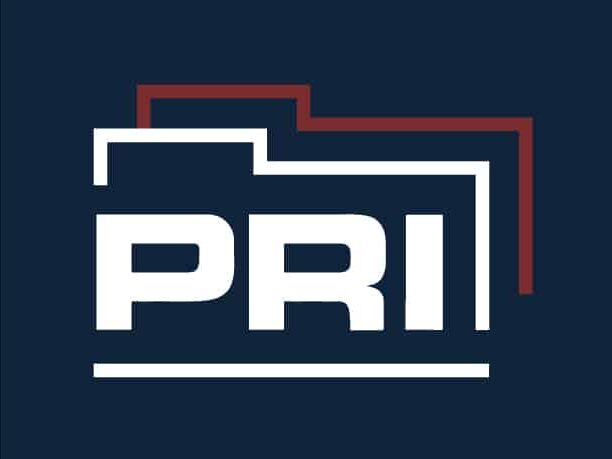August 2020
It’s no surprise the FBI will be sunsetting the Summary Reporting System in January 2021. While your state may accept SRS submissions beyond this target date, ultimately the transition will be required.
Statistically, in 2018 there were over one million reports written on violent crimes alone. During this time, only 44 percent of local agencies participating in the program were in compliance, and now those requirements have changed even further with the latest publication of the NIBRS User Manual. Many agencies still haven’t prepared, and much more is involved, much more, than just updating your RMS. I think we make this clear in our very practical well received NIBRS courses. The FBI issued a one-page fact sheet on what it’s about, why it’s important, and how to report. Simple, right?

The data collection procedures are as varied as the systems themselves. A lack of expertise and training can lead to neglecting the ever so important report writing changes that accompany NIBRS. These require officers and records staff to understand the meanings and application of “lesser included offenses”, “acting in concert”, and “mutually exclusive offenses”. These are the components of NIBRS that so often are neglected, leading to inaccurate, skewed crime data.
Change is a scary thing but, with help, it can be done. So what do we do now? It’s not all doom and gloom and there is still time to get your records and systems in order, albeit not very much. There are resources to help prepare for the upcoming transition. The first place to go is the FBI NIBRS webpage and become familiar with the basics. Take a look at their agency readiness assessment tool and see how your agency measures up. This will give you a decent measurement on how little, or how much, work is still needed.
Second, get informed and reach out for help. The Austin Police Department was featured in a CJIS Newsletter stating, “If experience is the best teacher, the Austin Police Department is in a unique position to offer…advice for agencies contemplating a change to incident based reporting.” They punctuated their experience by stating, “Get all the help you can, wherever you can.”
Talk with agencies that have already prepared for this change and see what worked for them. Ask what their biggest obstacle was and how they overcame it. If they changed policies, see what was changed and why they made the change.
If they are open to a site visit, go and see for yourself how the workflow takes place. Ask how they ensure the correct information is being captured and reported. Most importantly, ask if they can recommend a company or organization that helped them through this process.
Third, if you haven’t already done so, notify your command staff, city managers and county supervisors of the pending change in reporting requirements. Command staff should understand the need for correct reporting and the ramifications for failing to provide the required information. Make sure to communicate the importance of NIBRS and of not being called into question for having over- or under-reported crime stats. There are real consequences for doing so.
Lastly, get trained. With anything important, we need to take the necessary steps to become proficient with it. Subscribe to newsletters like this one, share it with your counterparts in neighboring cities. Check the FBI website and sign up for periodic updates through their training portal and set up online alerts with your favorite law enforcement publication to notify you of anything NIBRS related. Attend seminars and webinars that specialize in NIBRS and Report Writing.
Change is scary, but help is out there. PRI Management Group is here for you. We specialize in NIBRS and can help your organization make a seamless transition.

 0 ITEMS
0 ITEMS